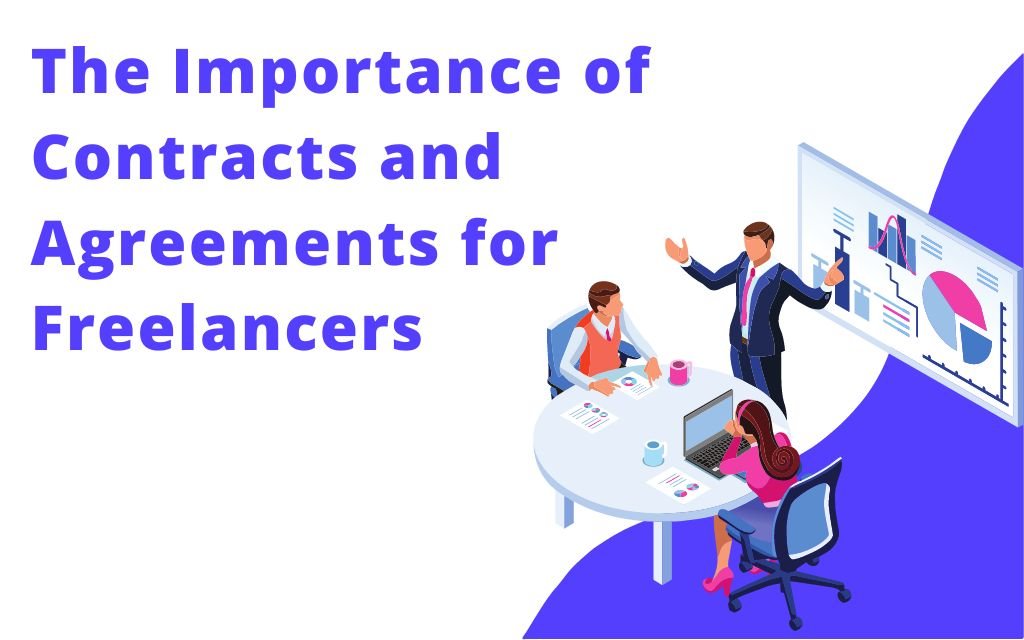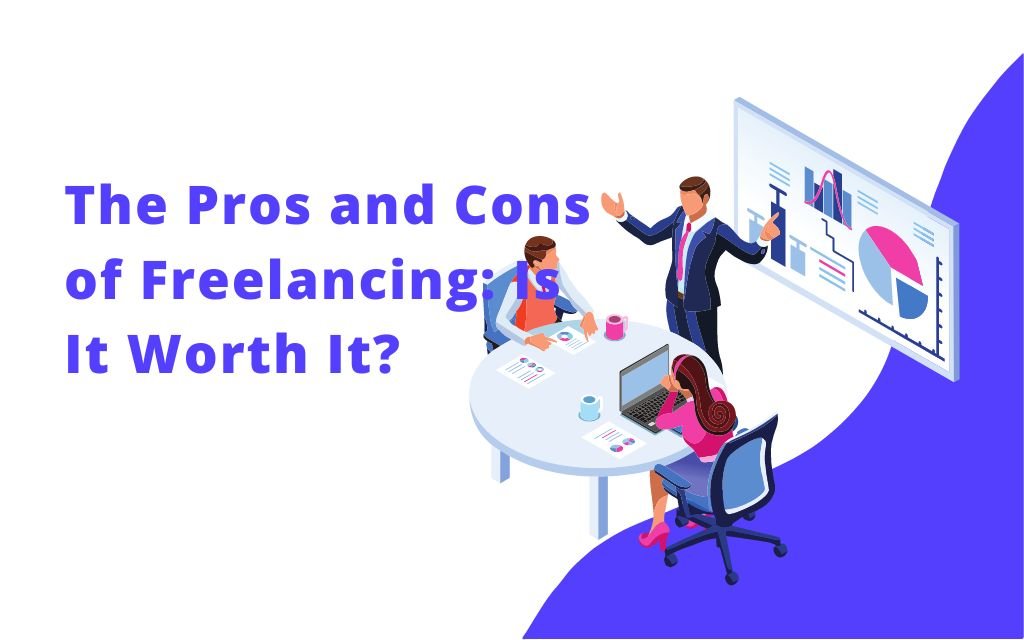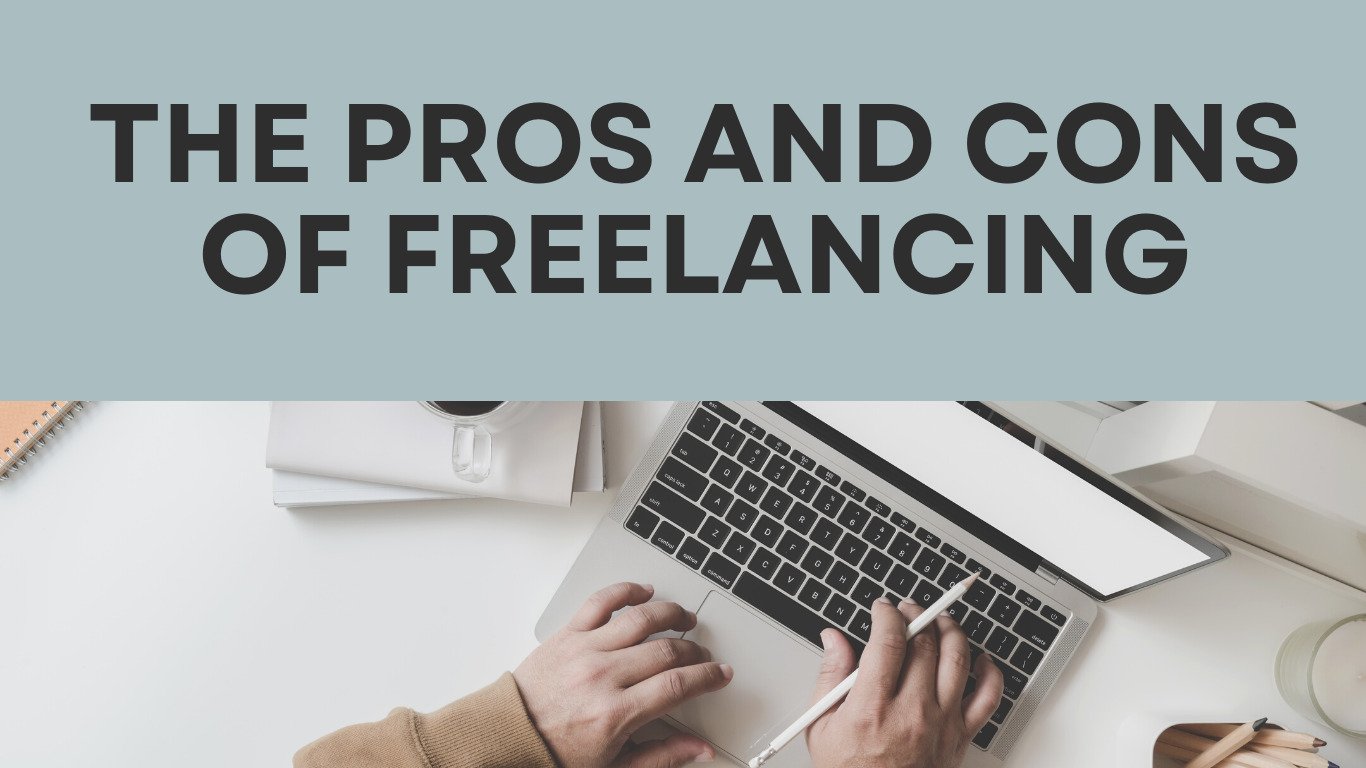Freelancers are independent professionals who offer their services to clients on a project-by-project basis. Freelancers can work in various fields, such as writing, design, development, marketing, consulting, etc.
Freelancing offers many advantages, such as flexibility, autonomy, variety, and income potential. However, freelancing also involves some risks and challenges, such as finding clients, managing projects, delivering quality work, and getting paid.
That’s why contracts and agreements are essential for freelancers. Contracts and agreements are written documents that outline the terms and conditions of the freelance relationship between the freelancer and the client. They can help freelancers protect their rights, interests, and reputation; clarify their expectations and obligations; and avoid or resolve disputes.
In this article, we will discuss the importance of contracts and agreements for freelancers and what they should include.
1. Contracts and agreements can help freelancers get paid
One of the most common problems that freelancers face is getting paid on time and in full for their work. Clients may delay or withhold payment for various reasons, such as dissatisfaction with the work, cash flow issues, or simply forgetting.
Contracts and agreements can help freelancers get paid by:
- Specifying the payment amount, method, schedule, and terms
- Requiring a deposit or advance payment before starting the work
- Charging interest or fees for late or missed payments
- Providing an invoice or receipt for each payment
- Retaining ownership or rights to the work until payment is received
2. Contracts and agreements can help freelancers define their scope of work
Another common problem that freelancers face is scope creep, which is when clients request additional work or changes that were not agreed upon or included in the original project. Scope creep can lead to wasted time, resources, and money; lower quality work; missed deadlines; and client dissatisfaction.
Contracts and agreements can help freelancers define their scope of work by:
- Describing the project objectives, deliverables, requirements, and specifications
- Setting clear boundaries and limitations on what is included and excluded in the project
- Establishing a change order process for any modifications or additions to the project
- Charging extra fees or rates for any additional work or revisions
3. Contracts and agreements can help freelancers protect their intellectual property
Intellectual property (IP) refers to the creations of the mind, such as ideas, inventions, designs, artworks, writings, etc. Freelancers often create IP as part of their work for clients. IP can have significant value and potential for freelancers.
Contracts and agreements can help freelancers protect their IP by:
- Defining who owns or has rights to the IP created by the freelancer
- Granting licenses or permissions for the use of the IP by the client
- Restricting or prohibiting the copying, distribution, modification, or disclosure of the IP by the client
- Securing credit or attribution for the IP created by the freelancer
4. Contracts and agreements can help freelancers prevent or resolve disputes
Disputes can arise between freelancers and clients for various reasons, such as miscommunication, misunderstanding, breach of contract, non-performance, quality issues, etc. Disputes can damage the freelance relationship and reputation; cause stress and frustration; and result in legal action or litigation.
Contracts and agreements can help freelancers prevent or resolve disputes by:
- Providing clear and detailed information about the freelance relationship
- Establishing mutual expectations and obligations for both parties
- Creating a mechanism for communication and feedback
- Providing a process for dispute resolution or arbitration
The Pros and Cons of Freelancing
Conclusion
Contracts and agreements are important for freelancers because they can help them get paid; define their scope of work; protect their intellectual property; and prevent or resolve disputes. Contracts and agreements can also help freelancers build trust, credibility, and professionalism with their clients.
Freelancers should always use contracts and agreements for every project they undertake with a client. They should also review and understand the contract or agreement before signing it; customize it to suit their needs and preferences; and keep a copy of it for future reference.




